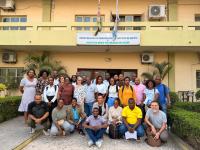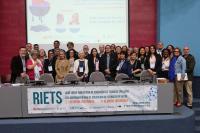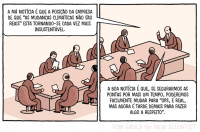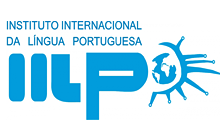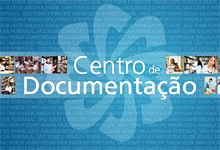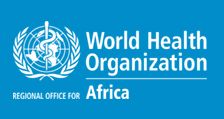RETS-CPLP


In May 2009, was approved in Estoril, Portugal, the Pecs-CPLP 2009-2012 (Strategic Plan in Health Cooperation of the Community of Portuguese Language Countries - Plano Estratégico de Cooperação em Saúde da Comunidade dos Países de Língua Portuguesa), which goal was to strengthen the health systems of the Member States of the Community - Brazil, East Timor and Portugal in addition to the five Portuguese-speaking African countries (Palop): Angola, Cape Verde, Guinea Bissau, Mozambique and Sao Tome and Principe - to universalize access and improve the quality of healthcare provided to their population.
In Pecs-CPLP, which was later extended until 2016, seven strategic lines of action were established, under which nine priority projects were planned. The creation of the Technical Health Schools Network of CPLP (RETS-CPLP) was considered as a priority project under Axis 1 – ‘Education and development of the health workforce’.
In December of the same year, in Rio de Janeiro, Brazil, during the 2nd General Meeting of RETS, was held the 1st Meeting of RETS-CPLP, in which was approved its first Work Plan (2010-2012), which lasted until 2013. At the meeting it was also established that the coordination of the Network would be in charge of Joaquim Venâncio Polytechnic School of Health (EPSJV/Fiocruz).
The 2nd Ordinary Meeting of RETS-CPLP was held on November 8th, 2013, in Recife, Brazil. At the time, network members discussed and approved the Regulation of RETS-CPLP and the continuity of EPSJV/Fiocruz in charge in 2014-2017.
The discution of Work Plan for the same period, however, shall happen at a Special Meeting held on 28, 29 and 30 April 2014 in Lisbon.The Meeting was attended by representatives of government and educational institutions of health technicians from seven countries - Angola, Brazil, Cape Verde, Guinea Bissau, Mozambique, Portugal and Sao Tome and Principe - as well as the Executive Secretariat of CPLP. Currently, RETS-CPLP brings together nearly 40 training institutions of Brazil, Portugal and Palop, as well as representatives of government agencies responsible for ordering this training in their countries.
The 4th Network Meeting happened in March 2016, this was the 3rd RETS-CPLP Ordinary Meeting and it took place together with RESP (Public Health Schools Network), Medical School Network and RINSP (Public Health Insitutes Network). The purpose of the meeting was to carefully evaluate the work plan in progress, taking stock of the activities carried out. At this meeting, the work plan was reviewed following a strategic vision, shared with the structuring networks, which will be articulated according to the axes (1) Strengthening and strategic, operational and institutional articulation of the Structuring Networks, (2) Strengthening the Role of Networks (3) Communication, Information and Visibility and (4) Governance and Financing. These and the main conclusions of the technical meetings are described in the minutes of the meeting.
During the 4th Regular Meeting of the Technical Health Schools Network of the Community of Portuguese-Speaking Countries (RETS-CPLP), held on November 12 and 13, 2018, in Rio de Janeiro, representatives of the countries of the CPLP presented the scenario of Primary Care (PHC) in their health systems. In addition, RETS-CPLP members approved the new Network 2019-2022 work plan and confirmed EPSJV/Fiocruz as their coordinating institution. (Read more about RETS-CPLP and see its reference documents)

